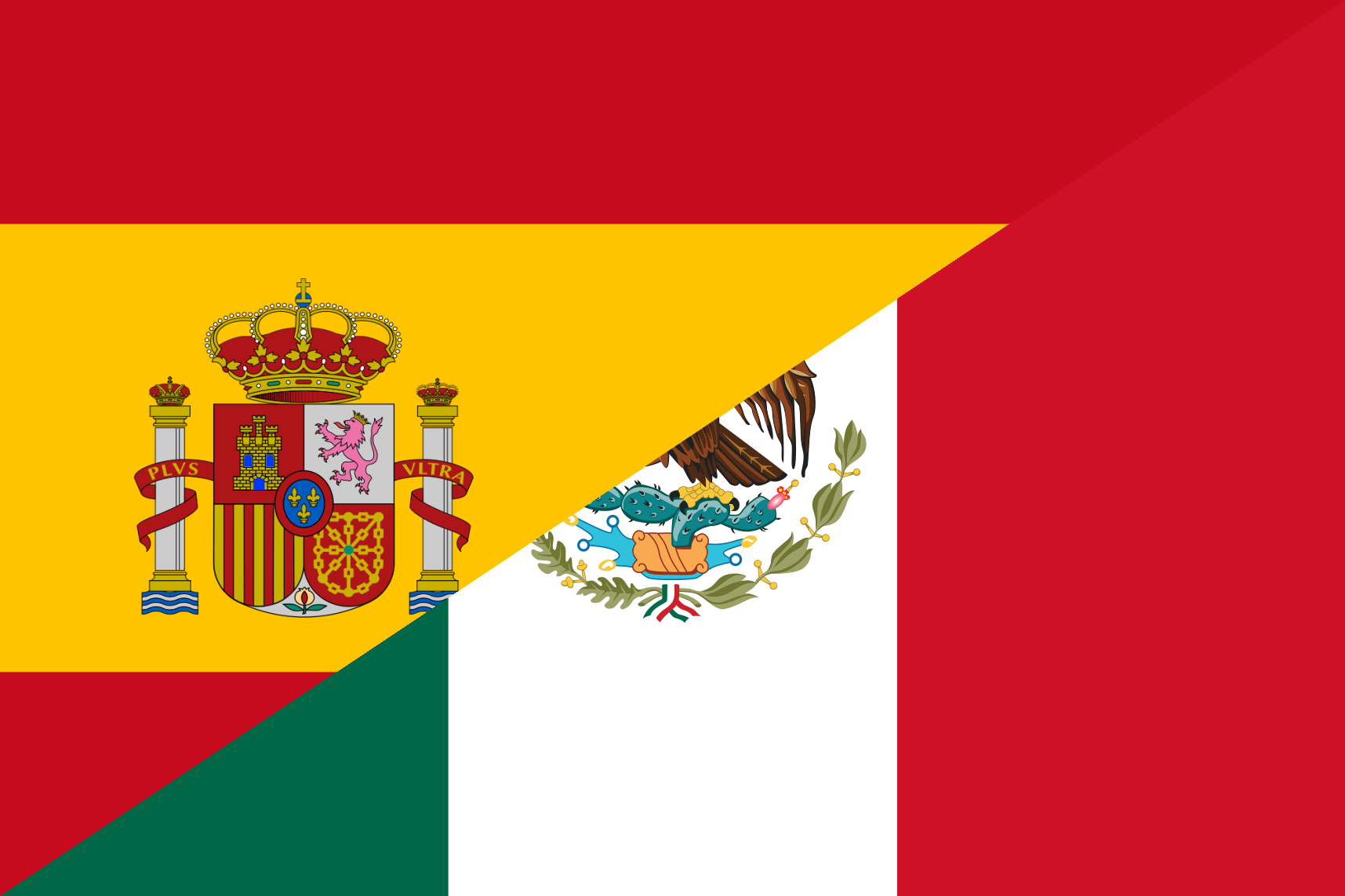estar
(Anglų k.)
- (intransitive) to be (have a temporary or permanent location in space)
- (intransitive) to be (denotes a copula, in a transient fashion)
- to be (auxiliary verb for the progressive/continuous aspect, preceding the gerund of the verb)
- (intransitive) to be in a state (in a passive voice sense)
- (reflexive) to be, stay (denotes a copula, in a transient fashion)
- (intransitive) to be (still)
- (intransitive) to be in a long-term state (in specific idioms)
Dažnis
Brūkšneliu surašyta kaip
es‧tar
Tariamas kaip (IPA)
/esˈtaɾ/
Etimologija (Anglų k.)
In summary
Inherited from Old Spanish estar, inherited from Latin stāre (“stand”). Compare English stand. The preterite's origin is unclear, most likely generalized from the preterite of haber (“to have”), hub- (note that b and v are pronounced identically; compare the same development in andar and tener). Compare the same development in Portuguese estar. Cognate with English state. Preterite, imperfect subjunctive and future subjunctive forms are derived from tener.
Related words
estar sentado
sientate
haver
tener todo
tar
haber visitado
haber estado
habitar uno
reverenciar a Dios
claramente por públicamente
ser de
Sign in to write sticky notes








Pradėkite mokytis ispanų su learnfeliz .
Praktikuokite kalbėjimą ir įsiminimą „ estar " ir daugelio kitų žodžių bei sakinių, esančių ispanų .


 sein
sein essere
essere être
être estar
estar zijn
zijn